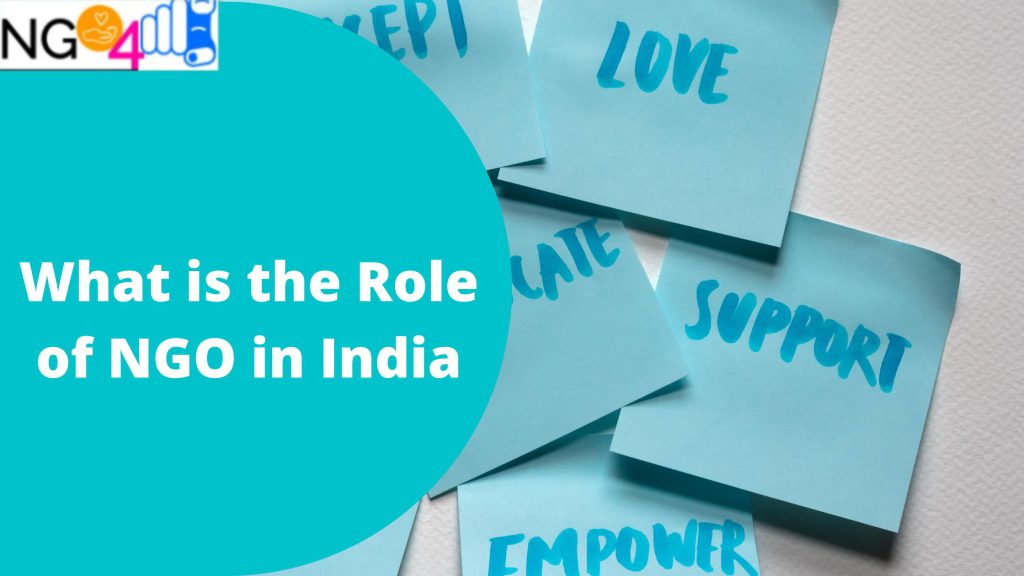Non-Governmental Organizations (NGOs) play a vital role in India’s socio-economic development. They bridge gaps between the government, corporations, and communities by implementing welfare programs, raising awareness, and advocating for rights and reforms. The role of NGO in India spans across various sectors, contributing immensely to nation-building and inclusive growth.
Key Areas Where NGOs Make an Impact
Role of NGO in Disaster Management
NGOs are often the first responders during natural disasters, offering relief, rehabilitation, and rebuilding services. Their local networks enable efficient resource mobilization and coordination.
Role of NGO in Environmental Protection
From afforestation drives to awareness campaigns on climate change, NGOs work tirelessly to preserve biodiversity and promote sustainable practices.
Role of NGO in Consumer Protection
NGOs advocate for consumer rights, educate the public on fair trade practices, and support grievance redressal mechanisms.
Role of NGO in Human Rights
They play a critical role in monitoring human rights violations, offering legal aid, and lobbying for policy reforms to protect marginalized communities.
Role of NGO in Women’s Empowerment
NGOs empower women through education, vocational training, micro-financing, and advocacy against gender-based violence.
Role of NGO in Rural Development
In remote areas, NGOs provide essential services such as sanitation, livelihood training, and agricultural support to uplift rural populations.
NGO in Development
NGOs contribute to holistic development by complementing government efforts in healthcare, education, infrastructure, and poverty alleviation.
Role of NGO in Education
They ensure access to quality education through free schools, learning materials, teacher training, and scholarship programs for underprivileged children.
Role of NGO UPSC
For civil service aspirants, understanding the role of NGOs is important in the UPSC syllabus under topics related to social justice, governance, and development.
Role of NGO in RTI (Right to Information)
NGOs have been instrumental in the promotion and utilization of the RTI Act, enabling transparency and accountability in governance.
Role of NGO in Social Change
They challenge societal norms, fight discrimination, and drive progressive change through community engagement and policy advocacy.
Role of NGO in Policy Implementation
NGOs often act as partners in policy execution, delivering services, conducting awareness campaigns, and gathering grassroots-level data.
Role of NGO in Wildlife Conservation
Many NGOs are involved in habitat preservation, anti-poaching operations, and educating people about endangered species and biodiversity.
Role of NGO in Conflict Resolution
In conflict zones, NGOs mediate between groups, promote peacebuilding, and provide psychological and material support to victims.
Role of NGO in Health
They run clinics, health camps, awareness drives, and vaccination programs, particularly in areas underserved by the public healthcare system.
Role of NGO in Rehabilitation
NGOs support the rehabilitation of disaster victims, people with disabilities, and former convicts, helping them reintegrate into society.
Role of NGO in CSR (Corporate Social Responsibility)
NGOs collaborate with corporations to implement CSR initiatives, ensuring impactful and ethical project execution in communities.
Conclusion
The role of NGOs in India is both diverse and indispensable. They amplify voices, deliver services, and drive reforms across sectors. As agents of grassroots transformation, NGOs are integral to India’s democratic and developmental framework.
FAQs
NGOs primarily work to bridge gaps in governance, offer welfare services, and advocate for the rights of disadvantaged communities.
Unlike government bodies, NGOs operate independently, are often more flexible, and can focus on specific causes or communities.
Yes, many NGOs partner with government agencies to implement policies, conduct research, and deliver services more effectively at the grassroots level.
NGOs receive funding through donations, government grants, international aid, corporate social responsibility (CSR) contributions, and fundraising campaigns.
Yes, NGOs play a critical role in disaster relief and rehabilitation, providing emergency supplies, healthcare, shelter, and long-term recovery support.
They provide basic infrastructure, vocational training, and agricultural assistance to uplift rural communities.

